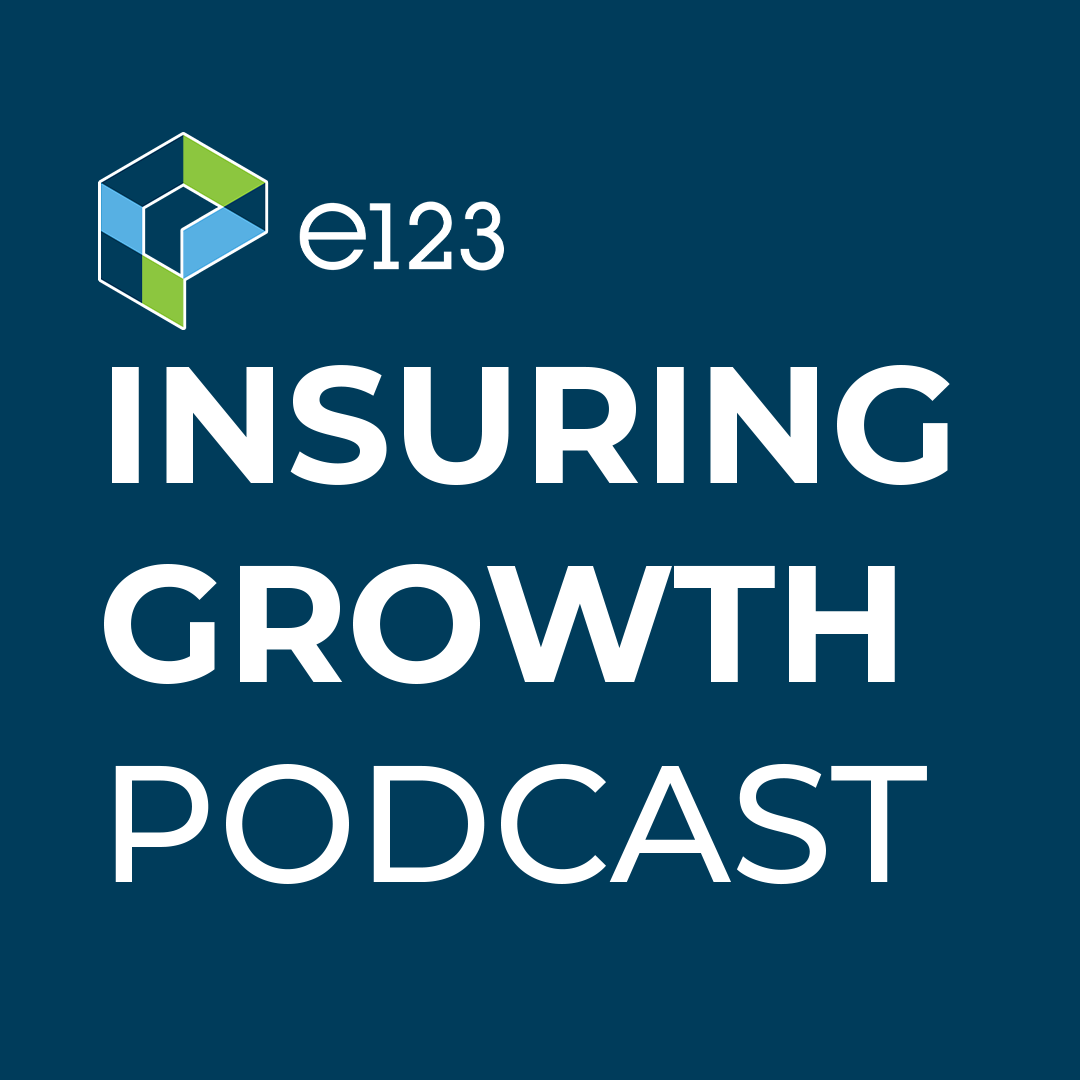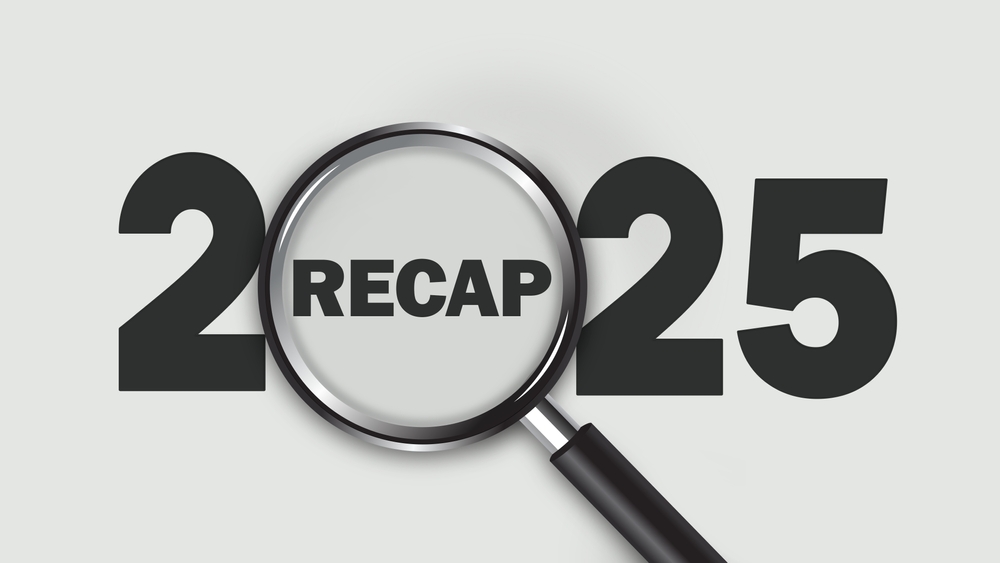
Many life and health insurance companies have evolved a distribution system where one set of companies is responsible for product development and others for direct customer sales. While this has had advantages in allowing different companies to develop areas of expertise, it has historically meant a separation of responsibilities and data. Carriers didn’t need to be involved in agent sales data from insurance distribution because they weren’t responsible for selling to policyholders.
As technology has changed the landscape and AI has emerged with more sophisticated ways to extract, analyze, and retain data, distribution-level data has become increasingly more detailed and valuable. However, many carriers are not fully leveraging this data as they haven’t developed the infrastructure or the collaboration with marketing agencies and agents for downline optimization.
Other Industries Have Capitalized on Data Opportunities
Health insurance is not the only industry with separate distribution and product organizations. Many consumer product companies leverage distributors to deliver their products to retail shelves while they focus on product development and creating pull demand through national advertising.
However, sales of many household products happen on a store shelf or ecommerce page. Purchase decisions are influenced by product placement, merchandising strategies, and promotions. All of these factors are directly controlled by the distribution agents, not by the product owner. Smart consumer product manufacturers ultimately realized that they could increase sales by better understanding what is going on at the point of purchase. By sharing data, developing deeper, data-driven consumer insights, and creating effective merchandising strategies together, manufacturers and distributors have driven higher sales.
Likewise, health insurance purchasers are influenced by the knowledge and expertise of the agent they are working with, the health plan data they can access, and pricing. Agents and members have a multitude of choices and insurance carriers who want to drive profitable growth should care deeply about customer acquisition data.
Enhanced Customer Insights
Agents are on the front lines, interacting directly with customers. They understand customer preferences, pain points, and decision-making processes. By analyzing agent-level sales data, carriers can gain deep insights into what drives customer behavior, which can inform product development, marketing strategies, and customer service improvements. This can enable carriers to tailor their offerings and communications more precisely to meet the increasing expectations of their clients.
Improved Agent Performance
If carriers collect and analyze data across all of their FMOs, brokerages and agents, they can identify the best-performing producers and the drivers of their performance. This can be used to develop targeted training programs for underperformers and the right incentive and compensation structures to motivate high performers and increase agent retention.
Increased insight into agent performance data can also facilitate carriers driving better lead matching, where leads routed to the agents are more likely to convert, thus leading to overall higher sales, agency growth, and revenue for the carrier. With the right commission management system, carriers can use incentive programs as a strategic advantage to drive sales of the product lines they want to grow.
Gaining visibility into this data can also help carriers enforce compliance, helping agents consistently meet ever-changing regulations around data privacy, consumer protection, and reporting while still maintaining the ability to share relevant data.
Strategic Decision Making
Access to robust customer acquisition data on a unified data platform can help carriers make more informed strategic decisions across the entire enterprise. Whether carriers are entering a new market, launching a new product, or adjusting pricing models, having detailed data on agent interactions and outcomes can provide valuable guidance. Carriers that effectively leverage agent data can differentiate themselves from competitors by offering superior customer experiences, customized products and product bundles that lead to improved policy persistency, and ultimately higher lifetime value for a lower customer acquisition cost.
High-quality, Accurate, Comprehensive Data Drives Sales
Carriers can create better products and national advertising campaigns if they have easy access to the wealth of data available to IMOs, FMOs, and downline agents. Likewise, agent performance could increase with easier access to carrier data including enrollment, disenrollment, policy persistency data, and more.
Not capitalizing on the potential of agent data is a missed opportunity that forward-thinking health carriers cannot ignore. So, why isn’t data sharing and collaboration happening more often between partners in the health insurance value chain? Because for carriers, accurate, high-quality data is a challenge. Stay tuned for Part 3 of this blog series, Why High-Quality Data is Challenging for Carriers.
A Comprehensive, Unified Data Platform Is Possible
e123 believes that a unified data platform that manages all revenue for everyone in the health insurance value chain will elevate carriers. A single system where everyone can access high-quality, accurate, timely enrollment, policy, and commission data will enable carriers to manage revenue in new and more strategic ways.
This is the future of big data in health insurance. e123 can help you get there. Learn more.





